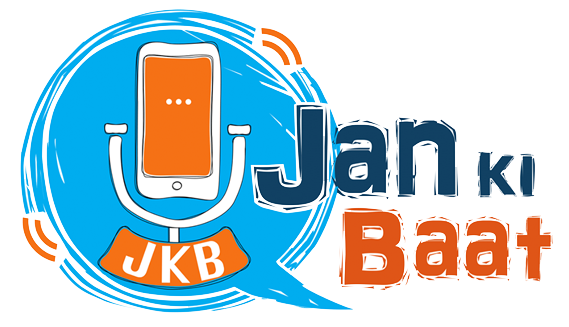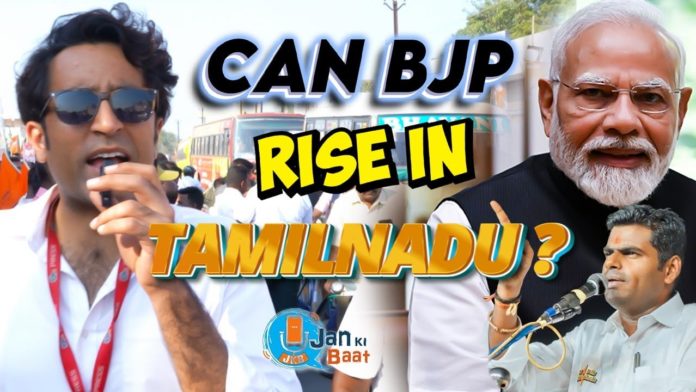30% more people in Tamil Nadu believe that Narendra Modi will be the Prime Minister in 2024 compared to Rahul Gandhi, according to the Jan Ki Baat Poll conducted by Pradeep Bhandari and the team. The poll analysis was conducted by traveling throughout the state and sampling over 5000 individuals in Tamil Nadu.
The #BJP is rising rapidly in Tamil Nadu.
30% More people in Tamil Nadu believe @narendramodi will be Prime Minister in 2024 than #RahulGandhi as per Jan Ki Baat (@jankibaat1) poll. There is a stark difference in situation on ground compared to 2019.
Watch my detailed ground… pic.twitter.com/57W7q4L6gr
— Pradeep Bhandari(प्रदीप भंडारी)?? (@pradip103) February 17, 2024
The data sampling revealed a 35%-40% shift in AIADMK votes towards the BJP. Of those surveyed, 51% expressed their belief that Prime Minister Narendra Modi will be reelected in 2024. This is a significant increase from the 35% who held this belief in 2019. When asked about BJP Tamil Nadu President Annamalai, 53% of the respondents agreed that BJP, under his leadership, has become stronger in 2024 compared to 2019.
As I wrap my first leg of travel in Tamil Nadu, caught up with BJP TN President @annamalai_k who is turning the politics of Tamil Nadu Dharmic. pic.twitter.com/nOYLOzOOu8
— Pradeep Bhandari(प्रदीप भंडारी)?? (@pradip103) February 12, 2024
Based on vote share projections, the BJP is expected to surpass a 14% vote share in the 2024 Lok Sabha Elections in Tamil Nadu. Additionally, 25% more young people in Tamil Nadu believe that Prime Minister Narendra Modi’s vision for the country is benefiting the state compared to 2019. The majority of the BJP’s increased vote share comes from both women and young voters.
Visited historic Vaikunda Perumal Temple, in Kanchipuram Tamil Nadu. The famous Uttaramerur inscriptions are found on the walls of this temple. PM @narendramodi had referred to these inscriptions while discussing India's democratic history in April.
These inscriptions built… pic.twitter.com/hRSMRAW08N
— Pradeep Bhandari(प्रदीप भंडारी)?? (@pradip103) February 12, 2024
The Jan Ki Baat Probability Map of Outcome Model utilizes a constituency-wise and district-wise analysis using random purposive sampling. The model is based on primary data collection that involves quantitative data collection and applies tools of behavioral science to predict outcomes and voting choices.

